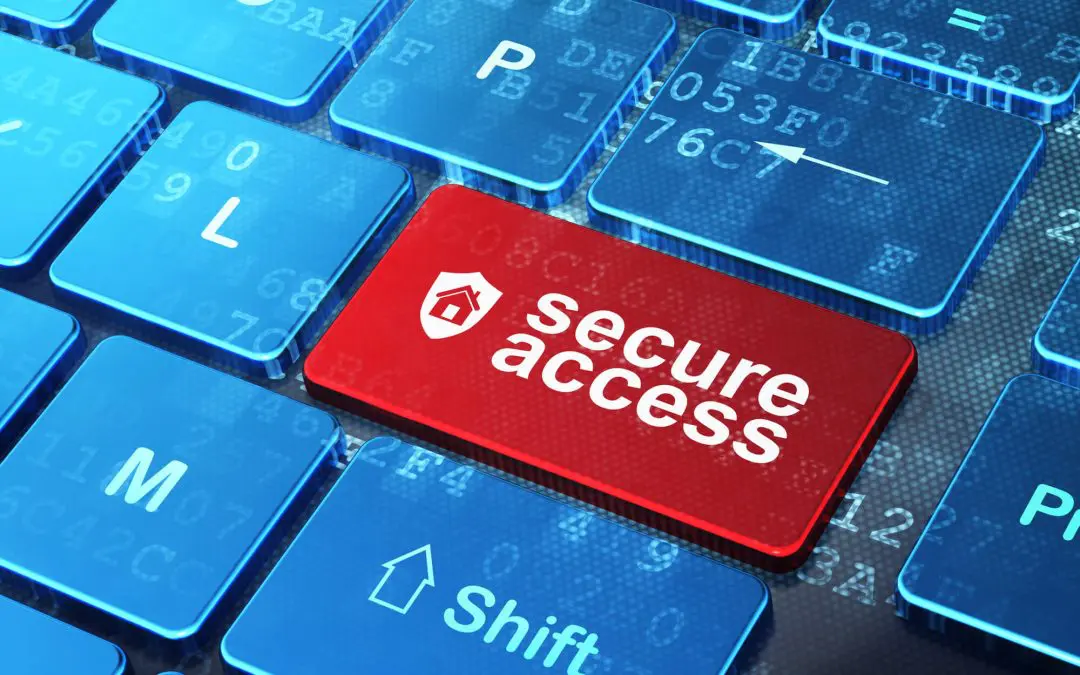Owning a home means dealing with a lot of personal information—mortgage documents, utility bills, insurance paperwork, and more. All of it contains details that identity thieves look for. Keeping that information secure isn’t complicated, but it takes some consistency. A few solid habits can prevent identity theft and protect you from a mess you don’t want to clean up.
Secure Your Mail
Your mailbox is one of the easiest places for someone to grab your personal info. If it’s not locked, anything from bank statements to medical notices is up for grabs. A locking mailbox or PO box is a simple fix. It keeps your documents out of reach from anyone who doesn’t belong there.
If you’re away for a few days, pause your mail or ask someone you trust to collect it. Leaving it to pile up just gives someone more opportunity to help themselves. The same goes for what you throw away. Anything with names, account numbers, or sensitive details should be shredded. Tossing whole documents in the trash is basically handing your info over to whoever digs deep enough.
Monitor Your Credit to Prevent Identity Theft
Checking your credit reports doesn’t take long, and it’s one of the easiest ways to spot trouble early. You can get a free report from each credit bureau—Equifax, Experian, and TransUnion—once a year. Spacing them out gives you three checkpoints across the calendar.
Credit monitoring services can also give you alerts when something changes, like a new account opening or a sudden spike in activity. Some banks and credit cards offer these for free, so it’s worth looking into what you already have access to. Even just enabling transaction alerts on your accounts helps you immediately catch anything suspicious.
Protect your Wi-Fi and Smart Devices
If your home network is not secured, it can be a target. That means changing the default login credentials on your router, using a strong password, and turning on encryption. These small steps make a big difference in keeping people from snooping on your connection.
Smart home devices like doorbell cameras, thermostats, and even appliances are connected to the internet and can be weak points if they’re not protected. Always change the default passwords and keep the software updated. Companies push updates for a reason—usually to fix security issues.
And of course, your phone and computer matter too. Use passwords, keep software current, and don’t click on links or attachments from people you don’t know. That’s how a lot of identity theft starts—just one click.
Be Careful with What You Share
It’s easier than ever to share too much without realizing it. Posting photos of your home, sharing your location, or announcing travel plans might seem harmless, but it gives people a chance to learn more about you than you’d want.
Adjust your privacy settings on social media, and don’t accept friend requests from people you don’t recognize. If you’re selling something online or filling out forms for a contest or promotion, skip anything that asks for your birthdate, address, or other details that don’t seem necessary.
You should also be cautious about phone calls or emails asking for personal information. Scammers have become skilled at pretending to be banks, government offices, or utility companies. If anything feels off, hang up and call the company directly using a verified number.
FAQs on How to Prevent Identity Theft
How can homeowners lower their risk of identity theft?
Start with your mailbox, Wi-Fi network, credit monitoring, and social media habits. Those are the most common access points for thieves.
Is it worth paying for identity theft protection?
Maybe. Some people like the peace of mind, but you can do a lot of the same monitoring yourself for free. See what your bank or credit card already offers before paying for anything extra.
How often should I check my credit?
At least three times a year. You can space out the free reports from the credit bureaus so you’re checking one every four months.
What should I do if I think my identity has been stolen?
Start by freezing your credit, changing passwords, contacting your bank, and reporting it to the Federal Trade Commission. The sooner you act, the better your chances of limiting the damage.
Brand Name Home Inspections offers professional home inspections in Northern California. Contact us to schedule an appointment.

